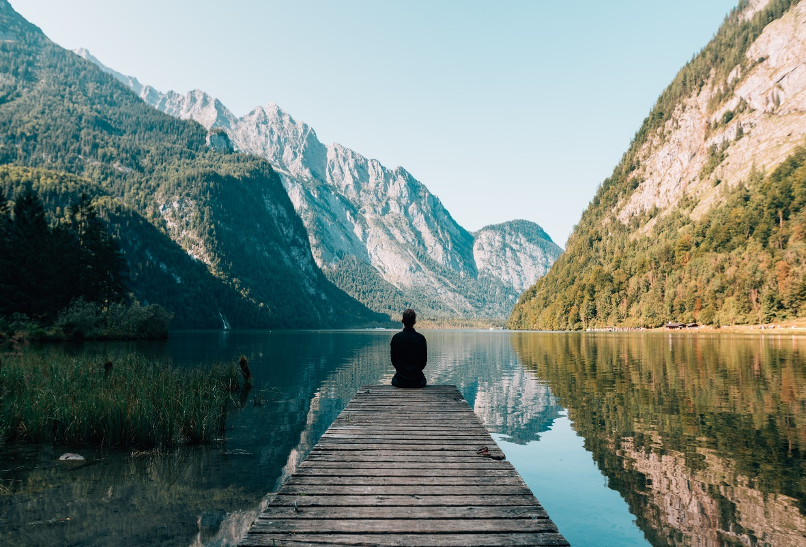Everyone has their own way of responding to the outbreak of the Coronavirus and its subsequent impact on our daily lives. Some are only minimally concerned, whereas others are glued to any updates about the spread and fatality rates of the virus, what institutions will be closed next, or the decent of the Dow Jones. There is no right or wrong way to feel about a pandemic and its global effects, however, when your day becomes consumed with ruminations about what could happen, anxiety begins to rule your life, making it even more difficult to function in a world where there has already been a loss of control.
Although anxiety is an understandable emotion in response to the huge changes that have occurred over the past few weeks, outside of its evolutionary roots (i.e. be afraid and run if a tiger is chasing you), it serves little purpose in preparing you for situations outside of your control. You are focused on solving a problem for which there is no solution. You may be anticipating how long these changes will last or the long-term impact they will have on your life and trying to make changes to get ahead of every possible outcome. Unfortunately planning for the “what-ifs” only exacerbates our anxieties, which in turn makes us act more out of emotion, compromising logical thinking and making problem-solving even more elusive and frustrating.
“What can I do to manage anxiety during a pandemic” is the question we should be asking ourselves instead of how much food do I need to store, how long into the summer will school extend, will the markets make a recovery, etc.
Below are strategies for managing anxiety and stress during the pandemic:
1. Identify what you can and cannot control (a few suggestions)
- You can (and should) still be going outside, even if it is just for brief periods of time
- If exercise is important to you (and it is shown to decrease anxiety) find a way to do it from your home (walking and stretching still help!)
- Be okay if you and your kids get more screen time and feel less productive.
- You can enjoy a show or feel guilty you are watching too much tv-it makes no difference to the virus
- Find new ways to connect with others virtually (i.e. plan to watch and discuss a movie as a group over social media)
2. Set up a new daily routine
- Human are creatures of habit and there is a sense of increased calmness and control when we know what we should be doing during any part of our day. Example schedule for those at home and off of work:
- 8-10am: breakfast/exercise/shower
- 10-noon: help kids with homework/check work emails
- Noon-2pm: lunch and TV break
- 2pm-4pm: Get outside/walk/go for a drive
- 4pm-6pm: house project/dinner
- 6pm-8pm: Social media connection/grocery shopping
- 8pm-10pm: family movie
3. Accept a new norm
- It only takes a week to adjust our expectations about what we can and cannot do.
- Radically accepting that restaurants, bars, schools, etc., are closed helps us find alternative activities. If you tell yourself “I can only have fun when . . .” your frustration and irritability levels will continue to be high
4. Reframe the experience to find the positives
- How often does the whole world come together to fight a common enemy?
- You are not alone in your worries-almost everyone can relate
5. How do you want to remember this event?
- When you talk to the next generation, how do you want to remember your actions during this time? “I had more toilet paper than anyone” vs “I shared what I had with my community and we found a new norm.”
- “I learned how resilient I can be as an individual and as a country” or “I was overwhelmed and just wanted it to be over.”
We cannot control what life brings our way, whether is it on an individual or global level. Psychological flexibility is the most powerful tool in obtaining happiness. Adjust, adapt and find your new norm so that when this passes you have learned about a strength you may not have previously recognized.



